Keeping In Touch: Communicating With Loved Ones During A Hurricane
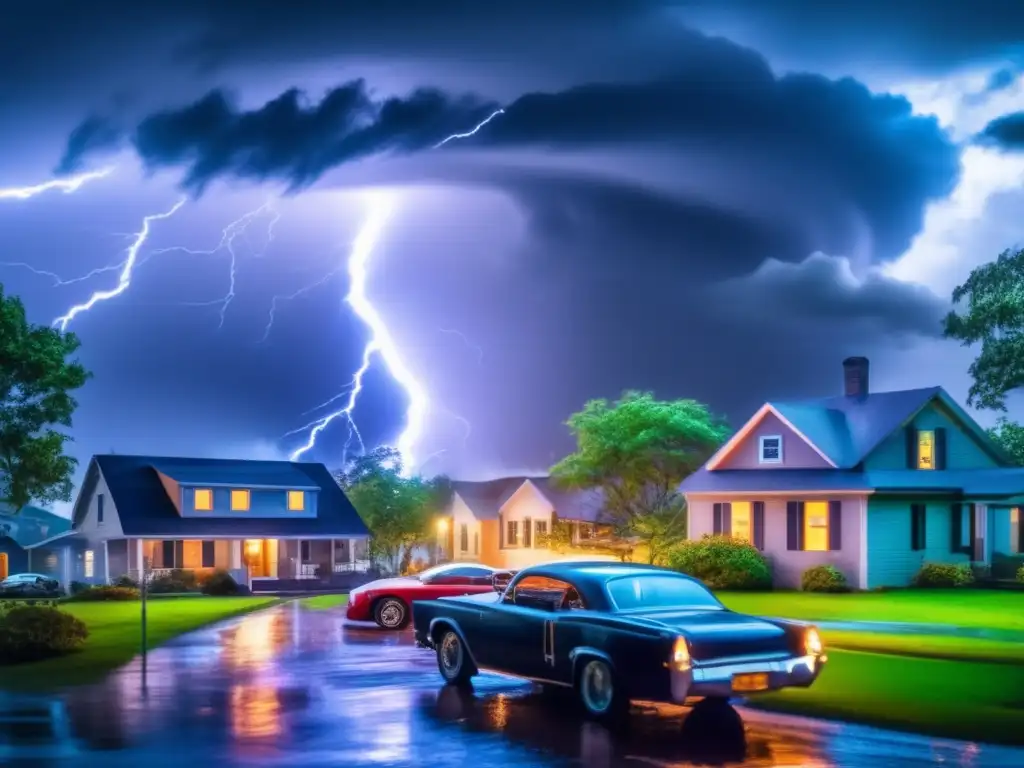
Keeping in Touch: Communicating with Loved Ones During a Hurricane
Introduction
Hurricanes are one of the most devastating natural disasters that we experience on earth. They can cause severe damage to homes, infrastructure and loss of lives. Hurricanes can also isolate people from the world, making communication difficult. Keeping in touch with friends and family during a hurricane is essential for their safety and well-being. In this article, we will provide you with essential information about keeping in touch with your loved ones during a hurricane.
The Importance of Communication during a Hurricane
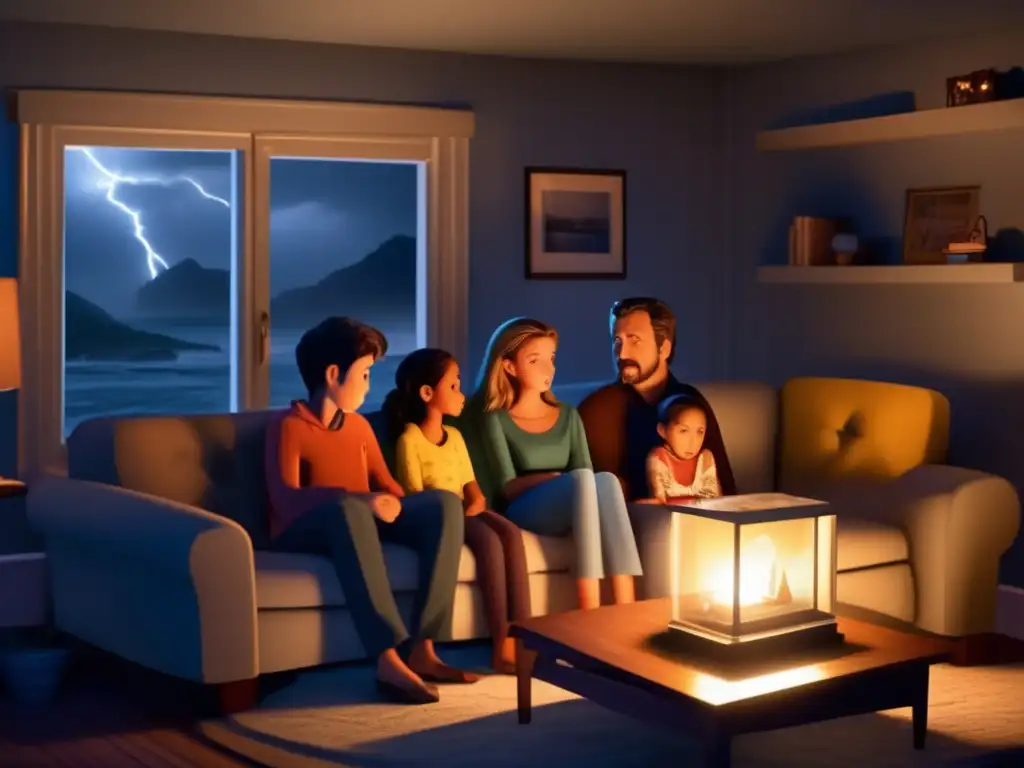
Why is Communication So Essential?
During a hurricane, communication is vital for two reasons: to stay informed about the latest information and to keep in touch with your loved ones. Staying in the loop with weather reports and emergency bulletins is critical to ensuring you have the information you need to make informed decisions in the face of an emergency. Equally important is communicating with family and friends to ensure they are safe and to provide any necessary support.
Communication Options
In order to communicate during a hurricane, it is important to have multiple communication options available since power outages and other factors can make traditional communication methods unreliable. Here are some communication options:
- Mobile Phone - Your mobile phone is your primary mode of communication during a hurricane. Keep it fully charged and carry an external battery pack or solar charger if possible.
- Two-Way Radios - Two-way radios are useful when cell phone and internet signal is down. Keep extra batteries handy.
- Satellite Phone - Satellite phones are reliable and can work even when other forms of communication are down, but they are expensive.
- Social Media and Email - Social media platforms like Facebook, Twitter, and Instagram, as well as email, can be used to communicate during a hurricane. However, they may not be available if there is no internet connection or power.
Formulating a Communication Plan
It is essential to have a communication plan in place before a hurricane hits. A communication plan includes:
- Contact Information - Make a list of all the contact information of friends and family members you need to communicate with during a hurricane. Keep this list in a waterproof container.
- Meeting Points - Identify meeting points in case your home is inaccessible or damaged.
- Emergency Numbers - Make sure you have a list of emergency numbers, such as local authorities, hospitals, and other critical services.
- Communication Schedule - Plan on specific times when you will check in with loved ones.
Preparing Your Mobile Phone for a Hurricane
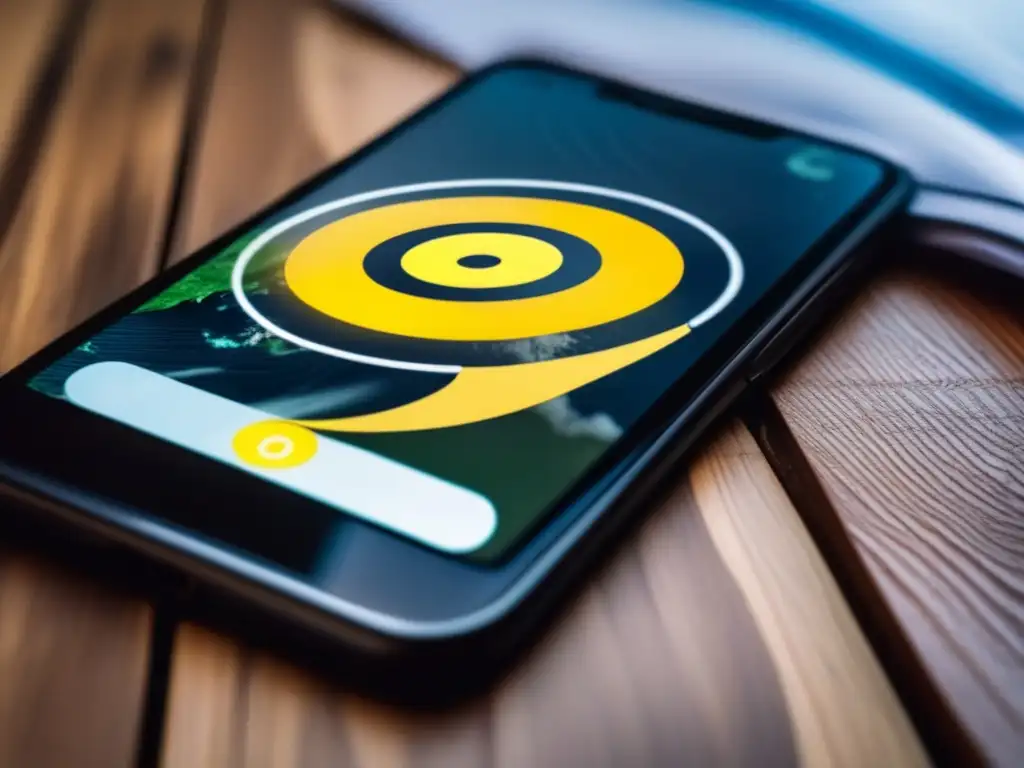
Charge Your Phone
Before a hurricane strikes, make sure your phone is fully charged and has an external battery pack or solar charger if possible. If power outages occur, it may take hours or even days until electricity is restored, so make sure your phone is ready.
Back Up Your Data
Make sure that all your important data, such as contacts, photos, and documents, are backed up either on your computer or on cloud storage. In the event of damage or loss of your mobile phone, your data is safe and can be easily restored.
Protect Your Phone
During a hurricane, protect your phone from water damage by keeping it in a waterproof container. You can also purchase a waterproof phone case. Additionally, keep your phone away from extreme temperatures, and avoid exposing it to direct sunlight.
Use Text Messaging
Text messaging can be more reliable than phone calls during a hurricane because it uses less bandwidth. Text messages can also be saved on the phone and read later if necessary. Text messaging is an important communication option during a hurricane.
Other Important Tips to Keep in Mind

Listen to Emergency Broadcasts
During a hurricane, local authorities regularly broadcast important information about the storm and its impact. Make sure you have a portable radio or some other means of accessing emergency broadcasts. Listen carefully to these bulletins as they contain the latest information on what is happening in your area.
Keep Your Phone Off to Save Battery
If you don't need to use your phone during a hurricane, turn it off. This will help you conserve battery power and ensure that you have enough power to communicate when you need to.
Have a Backup Power Source
If you rely on electronic devices during a hurricane, make sure you have a backup power source. Power banks, solar chargers, and generators are all options you should consider if you need backup power for your phones or other electronic devices.
Frequently Asked Questions

-
How important is communication during a hurricane?
Communication is vital during a hurricane to stay informed about the latest information and to keep in touch with your loved ones.
-
What are some communication options during a hurricane?
Communication options include mobile phones, two-way radios, satellite phones, social media, and email.
-
What should be included in a communication plan during a hurricane?
A communication plan includes contact information, meeting points, emergency numbers, and communication schedule.
-
How can I prepare my mobile phone for a hurricane?
You can prepare your mobile phone for a hurricane by charging it fully, backing up your data, protecting it from water damage, and using text messaging.
-
What other tips should I keep in mind during a hurricane?
You should listen to emergency broadcasts, conserve battery power by turning off your phone, and have backup power sources like power banks and generators.
Conclusion
Communication is vital during a hurricane, not just for staying informed but also for checking on the safety of your loved ones. Make sure you have multiple communication options available, such as mobile phones, two-way radios, and social media. Prepare your mobile phone for a hurricane by charging it, backing up data and protecting it from damage. Formulate a communication plan with contact information, meeting places, emergency numbers, and communication schedules. Make sure you listen to emergency broadcasts, conserve battery power, and have backup power sources like power banks and generators. With these tips, you can stay connected and safe during a hurricane.
Living in a hurricane-prone area requires us to be vigilant and prepared. Stay informed and help others by sharing this article. Share in the comments section any other tips we may have missed. Thank you for reading, and stay safe!
Additional Resources
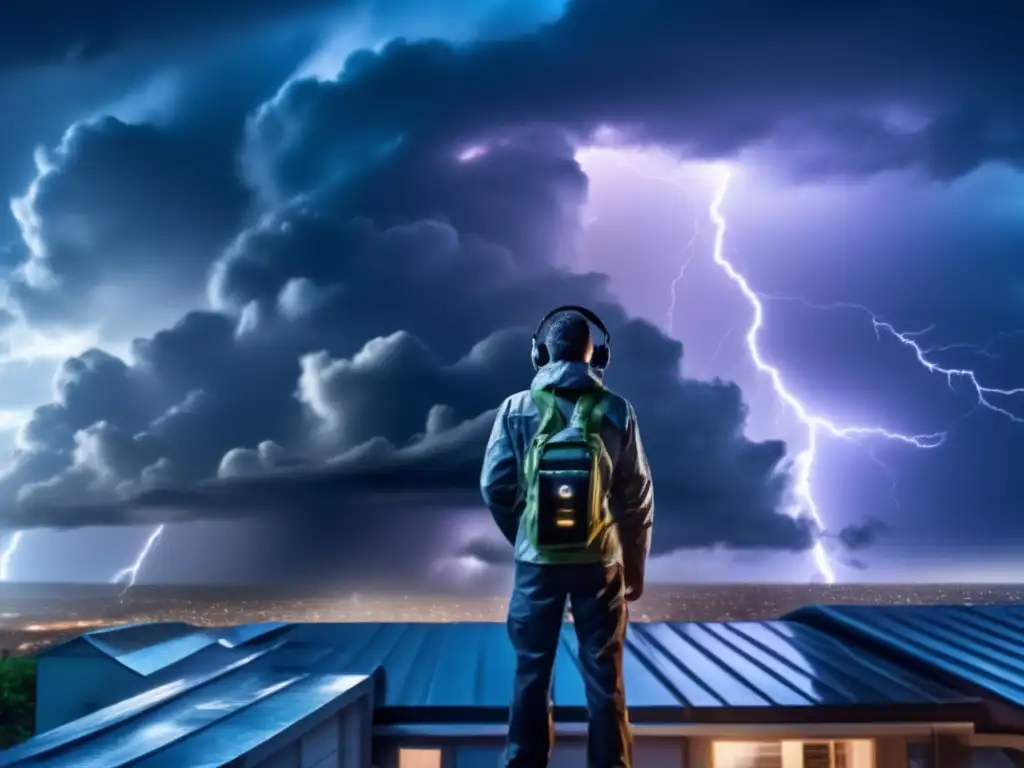
- Ready.gov - Hurricanes
- National Hurricane Center
- Federal Emergency Management Agency - Hurricane Resources
 The Critical Moments: What To Do During The Eye Of The Storm
The Critical Moments: What To Do During The Eye Of The Storm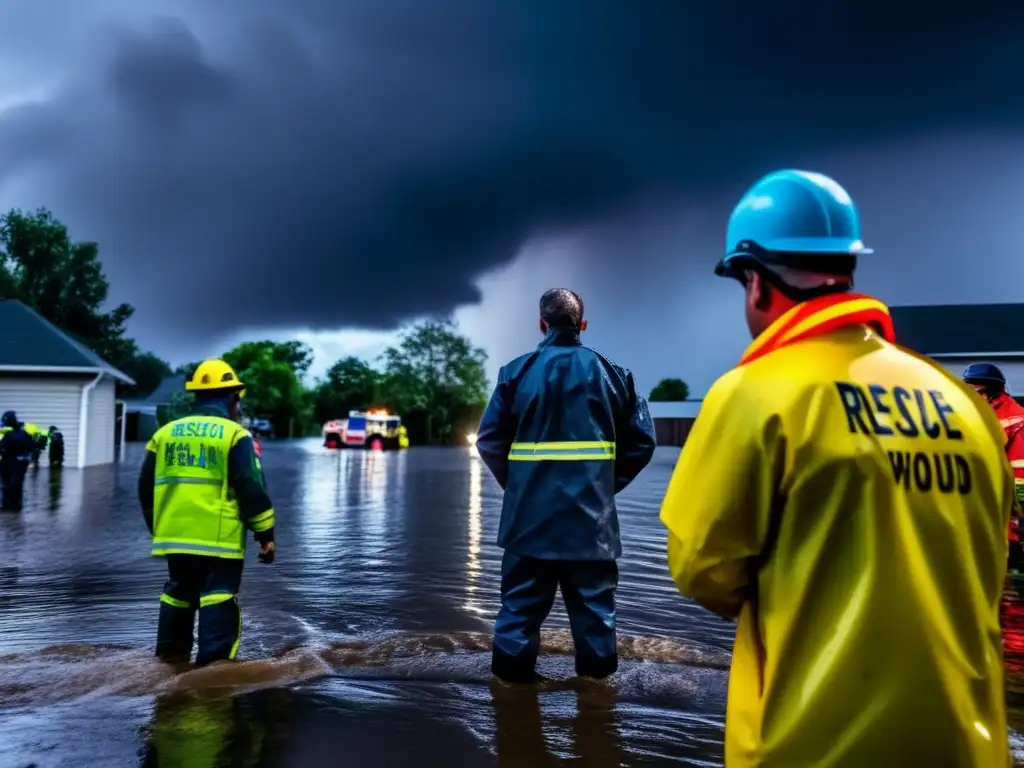 Using Social Media Responsibly During A Hurricane
Using Social Media Responsibly During A Hurricane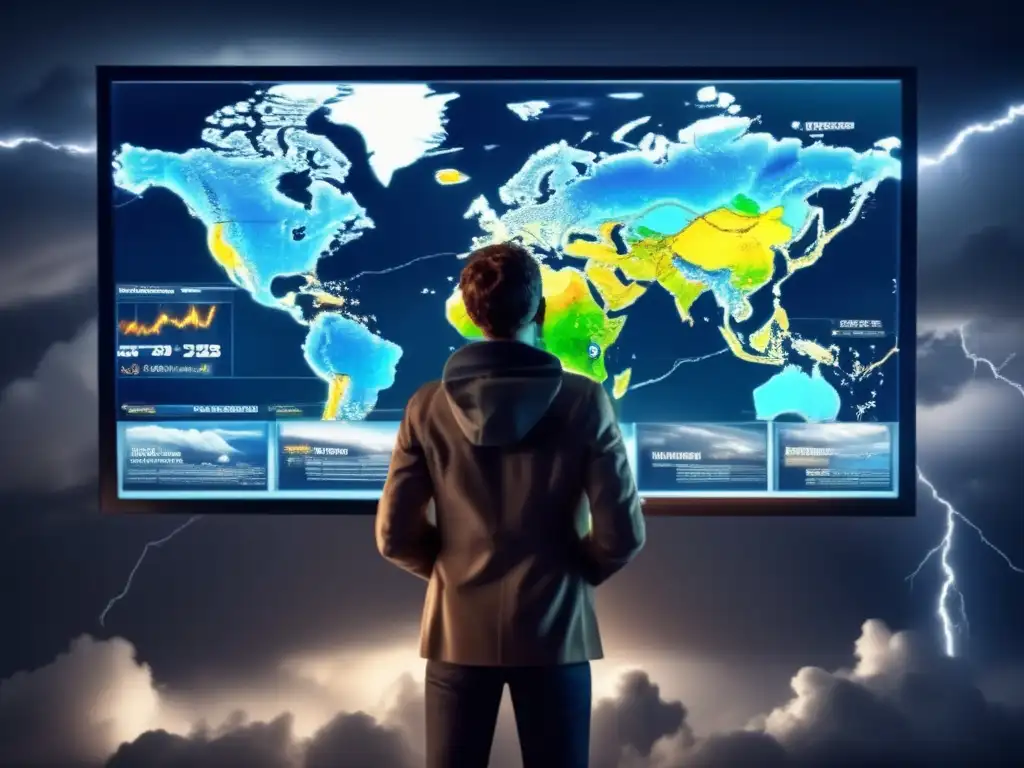 The Do's And Don'ts Of Using Generators During A Hurricane
The Do's And Don'ts Of Using Generators During A HurricaneIf you want to discover more articles similar to Keeping In Touch: Communicating With Loved Ones During A Hurricane, you can visit the During the hurricane: category.
Leave a Reply

Articulos relacionados: